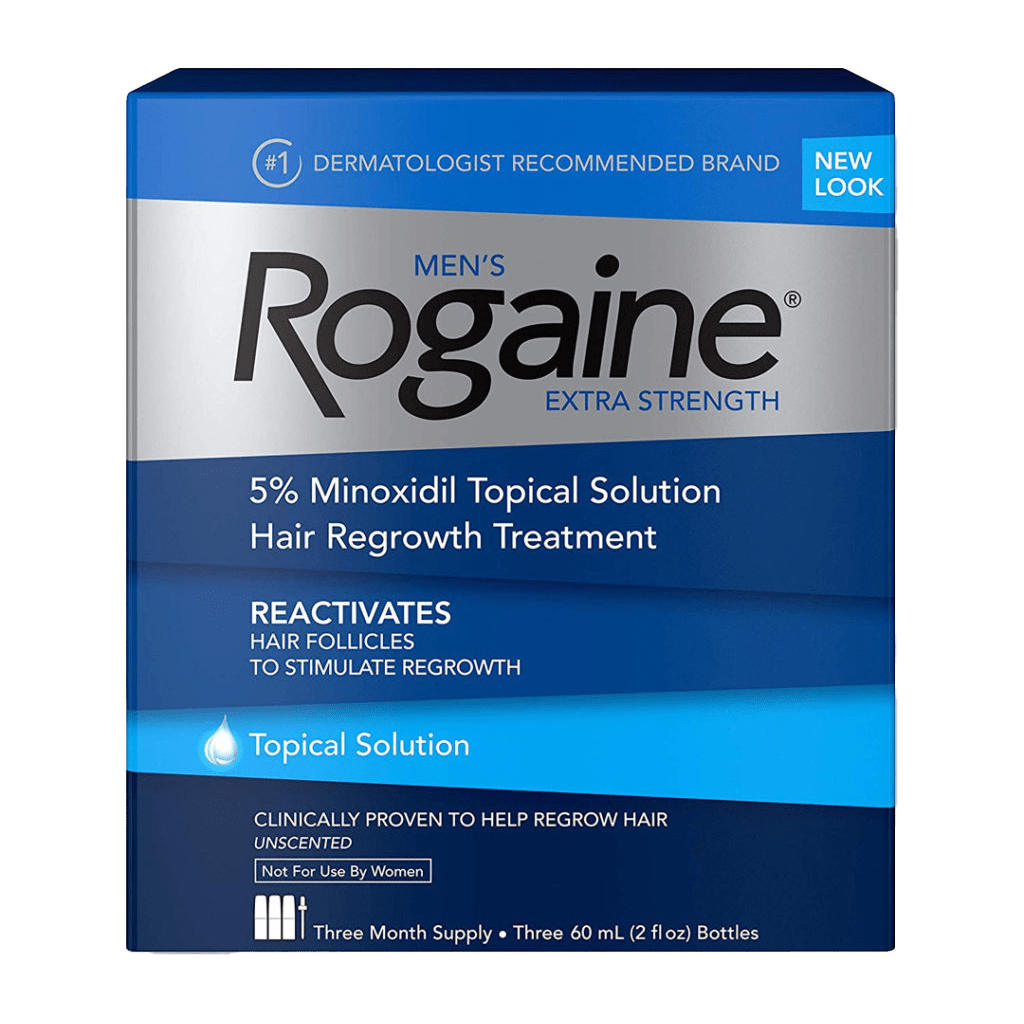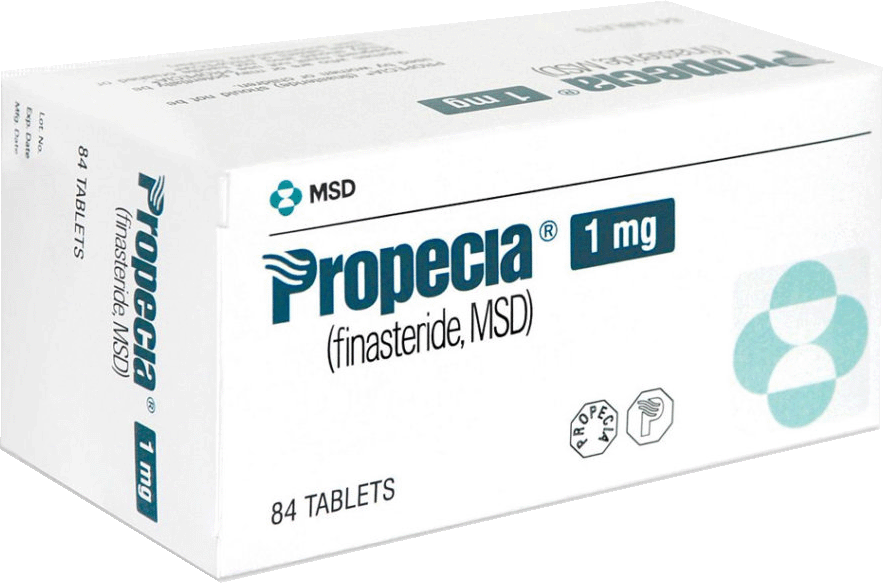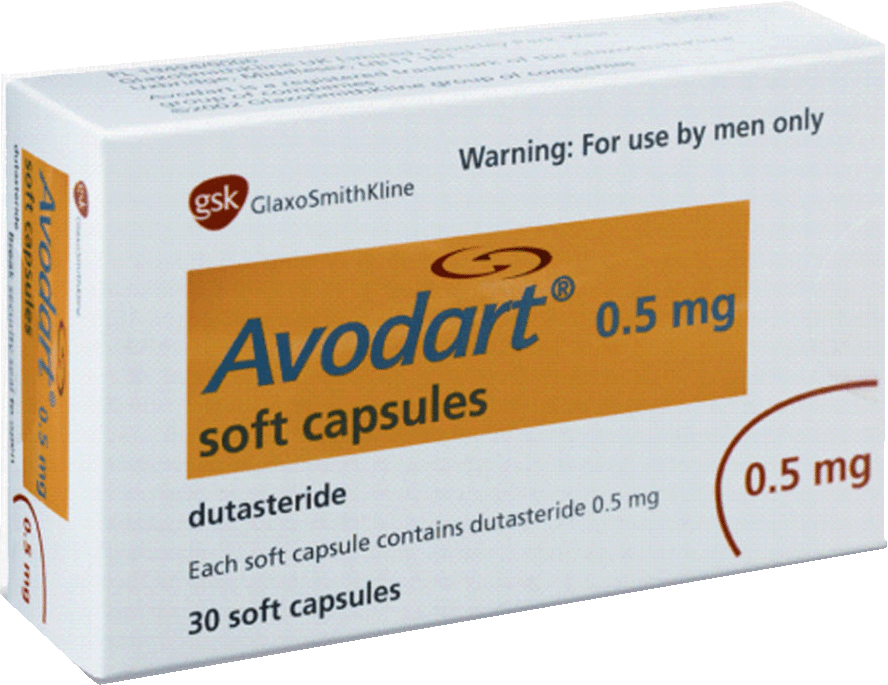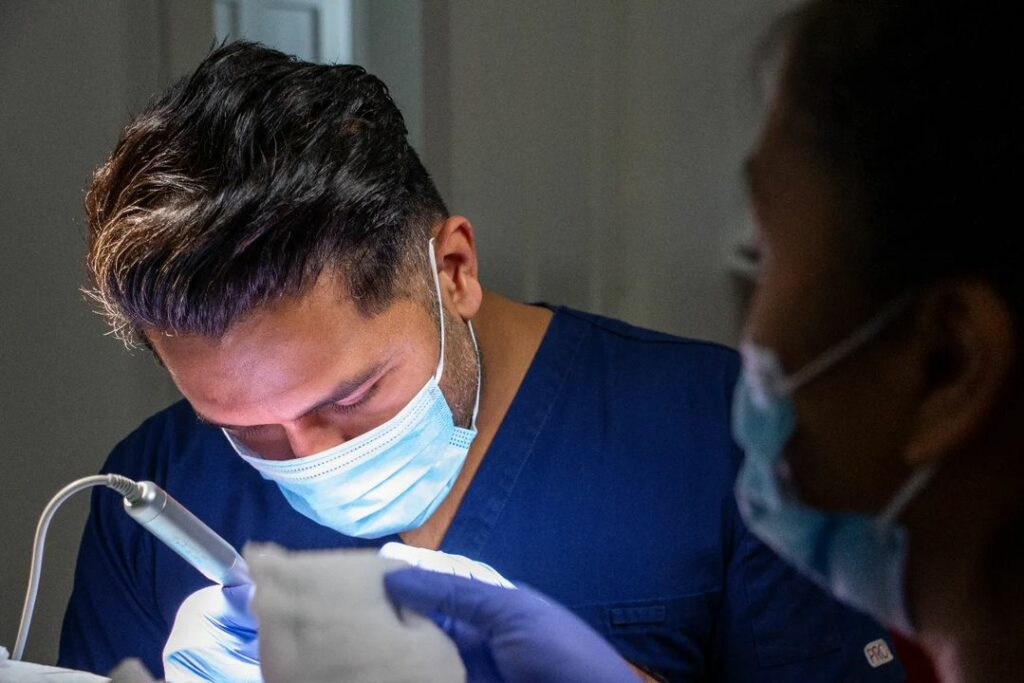Best Medications for Hair Loss
If hair loss medication is recommended, there are three options that can be used based on your individual needs: Rogaine® (Minoxidil), Propecia® (Finasteride), or Dutasteride. Regardless of the specific product that is selected, it is important to understand that it will be a long-term commitment for you to enjoy the full benefits available from these treatments.
Rogaine® and Propecia® tend to be the most popular hair loss medications. There are unique benefits from each product. As a result, there isn’t a one-size-fits-all solution for every patient. For example, Propecia® works optimally with male hormones, helping with male pattern hair loss. The effects of this medication impact the scalp in a way that can be beneficial, especially in conjunction with other hair loss treatments, such as hair transplants. In comparison, Rogaine® has a few unique benefits since certain strengths can be used for both men and women. Additionally, it can be obtained without a prescription, and it offers local treatment with minimal effect on the rest of the body.
Dutasteride isn’t as well-known as Rogaine® and Propecia®, but it is one option that should be considered when treating male pattern hair loss. This prescription was developed for other medical conditions; then, it was discovered that it had the unique side-effect of the treatment of certain types of hair loss in men. Now, it is being used more often as a treatment for male pattern baldness.
If you are considering hair loss medication, the most important thing you can do is talk to a hair loss expert for personal recommendations. Dr. Sharma can help you with the identification of an optimal treatment plan based on your unique needs. Some patients find that the use of a single medication isn’t sufficient, so a combined approach with multiple medications might be recommended.
How Does Hair Loss Medication Work?
Using a hair loss medication can be beneficial to strengthen your current hair and prevent miniaturization of the hair follicles. These medications can increase the likelihood that you can maintain the hair that you have by slowing the loss rate.If you are looking to “re-grow” your hair so that you can enjoy a full head of hair, it is likely that these medications will not have the intended effect. As a result, many people who try hair loss medication eventually turn to hair transplants, which offers a long-term solution for hair loss.
Recommended Hair Loss Medications
At Sharma Skin & Hair Surgery, we often recommend that patients use hair loss medications before and after a hair transplant procedure. The combined treatment is beneficial to maintain current hair growth and help you enjoy your new hairline in the future.
These are some of the medications that might be recommended:

Rogaine® (Minoxidil)
This medication is one of the most commonly known hair loss products and has been widely used for hair loss treatment since the 1980’s. Originally, it required a prescription but is now available as an over-the-counter treatment.
The active ingredient is Minoxidil, which can also be used for the management of blood pressure. It is thought that the improvement of circulation helps by increasing blood vessel width, which in turn increases the nutrients, blood, and oxygen that can be delivered to each hair follicle. It is used as a topical treatment since doctors have found that ingested use can have negative side effects. Some of these side effects are possible with topical use, although they are rare. One potential side effect is unwanted hair growth on other parts of the body because of the ingredients that are absorbed systemically.
Rogaine® can be an effective treatment for hereditary hair loss on the crown of the head as well as the forehead hairline. Four out of five patients experience positive results from the use of the medication. It is important to note that Rogaine® isn’t a cure for baldness. The results vary from one person to the next. Studies have shown that Rogaine® can assist in slowing the progression of hair loss, but some people find that Rogaine® is ineffective in regrowing hair that has been lost.

Finasteride (Propecia®)
Clinical trials have shown that a large number of users noticed an improvement in the appearance of their hair while using this medication. It works by blocking the conversion of testosterone into dihydrotestosterone (DHT). Since DHT is the cause of male-pattern baldness, this medication can be used to slow down the genetic factors.
The androgen metabolism in the scalp can be treated using this hair loss medication. In fact, Finasteride is the only FDA approved hair loss medication that uses this unique approach in treating male pattern hair loss. Researchers have found that 83% of users maintained the same hair follicle count using this medication. With 24 months of consistent use, 64% of users experienced hair regrowth.
The hair follicles located in the front hairline, top of the scalp, and crown of the head tend to be more sensitive to the effects of DHT. The use of Finasteride can be beneficial to slow the effects of these hormones on the vulnerable hair follicles, helping to reduce the overall hair loss that occurs. It is common for this medication to be used in conjunction with hair loss restoration surgery, which is an effective way to graft hair follicles from safe donor areas (the sides and back of the head) to the thinning or balding areas.
Propecia® is the brand name of the medication, and Finasteride is the generic version. This hair loss medication can only be accessed through prescription. Since it affects hormone levels, it is designed for male use only. The medication must be used daily to achieve optimal results. As with other hair loss medications, discontinued use will cause the results to go away over the course of a year.

Dutasteride (Avodart®)
Dutasteride was originally developed as a medication used for blood pressure management and to treat the symptoms associated with an enlarged prostate. But it was discovered that the medication also helps with the treatment of male pattern baldness, and it is often used “off-label” now for this purpose. Off-label means that the medication was intended for a different medical condition, but can also be used for other treatments. It is important to understand that Dutasteride has not received FDA approval as a male pattern baldness treatment. However, it has gained popularity as a hair loss treatment because of the incredible results that have been experienced by patients.
Like Finasteride, this medication also helps by treating the underlying problem of DHT. Regular use of this product can sometimes be a good option for patients experiencing hereditary baldness. One research study showed that consistent use of Dutasteride for 24 months resulted in 94% of users experiencing hair regrowth.
While Dutasteride is similar to Finasteride, patients find that this treatment is more effective in many circumstances. For example, it is estimated that Finasteride can block up 70% of hair-loss causing DHT. In comparison, Dutasteride can block as much as 90% or more DHT. Preventing DHT in the body is an effective way to minimize the damage that occurs to weakened hair follicles. Not only is Dutasteride more effective as DHT blocking, but it might also offer a more consistent treatment compared to Finasteride. Both of these hair loss treatments are effective, and the treatment plan should be personalized based on the unique needs of each patient.
If you are experiencing major hair loss, the most effective treatment is to talk to Dr. Sharma about your options. Once a hair transplant is placed, you can have confidence knowing that you will enjoy long-term results from the treatment. These donor hair follicles are resistant to DHT blockers, which means that they will continue growing indefinitely.
What is the Advantage Over Taking Finasteride Orally?
Often times patients do not wish to take finasteride orally because of the potential side effects. Taking finasteride comes with a very small chance of sexual side effects which are usually reversible. When micro-needled, the solution is delivered in a stable lipid base which will stay in your scalp and deliver far lower concentrations into your blood. This is delivered into the scalp alongside P.R.P. to aggressively combat hair loss.
Learn more about Topical Finasteride MicroneedlingBook now
If you are experiencing major hair loss, the most effective treatment is to talk to a Dr. Sharma about your options.
Are you looking for the most effective treatment plan to reverse the effects of hair loss? Contact us for a free virtual hair loss consultation and get started on your transformation today.




